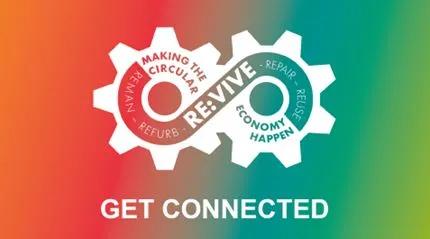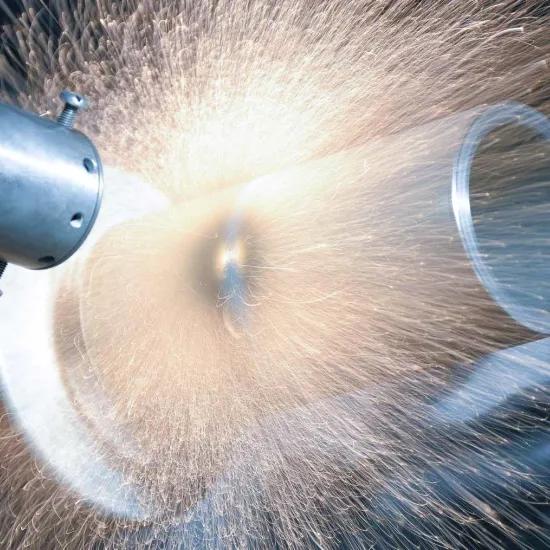Drivers, inspiring cases and key aspects from the RE:VIVE event
On 1 December 2023, over 100 professionals from the belgian manufacturing industry gathered in Brussels around the theme of circular value retention. As learning and networking were the main objectives of the RE:VIVE event, we can safely say mission accomplished.
To grasp the full wealth of the event, there is no other option than to participate. Anyhow, your dedicated servant tried to gather the highlights and (subjective) learnings of this inspiring event. Here we go.
- ReX market (ReX: including Reuse, Remanufacturing, Refurbishment, etc) is alive and kicking, with ca. 30 billion sales in EU. The potential however, is much higher. Do we take the challenge?
- “War-time” supply conditions in 2020-2022 offered major opportunities for the circular economy. Chances are high that supply chain disruptions will continue to happen. Circular economy is also a way to mitigate these risks.
- In the EU, upcoming regulation is driving / accelerating the potential of circular economy: right-to-repair, ecodesign for sustainable products regulation (ESPR), Corporate Sustainability Reporting Directive (CSRD), Green Claims and Double Materiality, Product Passports, Carbon Border Adjustment Mechanism (CBAM), Net Zero Industry Act, Critical Raw Materials Act, to name a few.
- Performance, customer value and experience, retention and perception of value, growing environmental awareness all are key success factors.
- A combination of ambitious high-level commitment and strategy, and many continuous steps, projects, learnings and achievements proves to work for all of the cases presented at the event.
- Social economy organisations are a great partner in crime to realise the circular economy, offering local high quality work and flexibility at an affordable cost.
- Design for circular product lifecycles is a strong enabler and makes circularity more simple and feasible. What are we waiting for?
- At the same time, we can, or should, start right now with the products out on the market. The start can be small or big, and will teach us so much.
- Digital solutions can make circular life easier, for example supporting flow of information throughout life cycles and value chains.
- Learning and knowledge sharing across regions, across sectors and across value chains is energising and opens opportunities for new or additional collaborations.
Interested to participate to inspirational networking events on circular economy? Stay tuned via this newsletter or our agenda!








